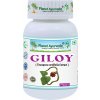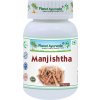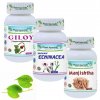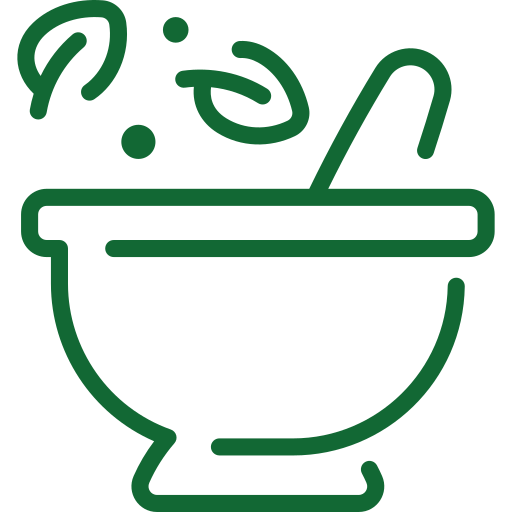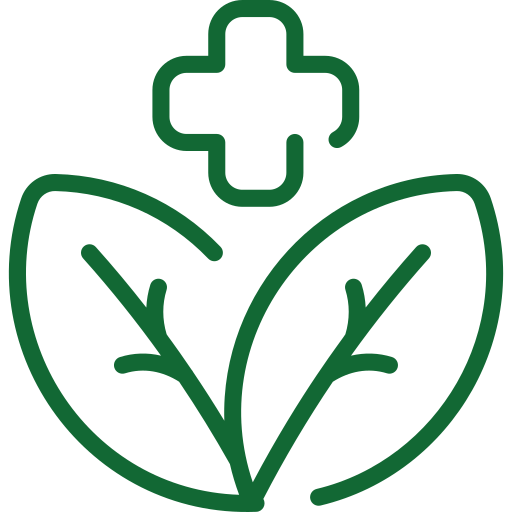Lyme disease
Borreliosis - a modern and Ayurvedic view of treatment
Lyme disease, also known as Lyme disease, is an infectious disease caused by the bacterium Borrelia burgdorferi. This disease is transmitted by ticks and can have various manifestations and complications. Symptoms of Lyme disease include a bull-like rash, fever, fatigue, joint and muscle pain, as well as neurological and cardiovascular symptoms.
Causes of Lyme disease
From the point of view of modern medicine, Lyme disease is caused by infection with the bacterium Borrelia burgdorferi, which is transmitted by ticks. Bacteria can enter the human body after being bitten by an infected tick. From an Ayurvedic point of view, Lyme disease is considered an imbalance in the doshas, which are the basic components of physiology in the human body according to Ayurveda. These doshas are known as Vata, Pitta and Kapha, and their balance is the key to maintaining health. Lyme disease is understood in Ayurveda as a dysfunction within these doshas, which allows the growth of Borrelia burgdorferi bacteria and causes various symptoms.
According to Ayurveda, the cause of Lyme disease is a weakened immune system and an imbalance in the doshas. An excess of Vata dosha can lead to a weakening of the immune system and nervous system, increasing susceptibility to infections. An excess of Pitta dosha can cause the inflammatory reactions and fevers that are characteristic of Lyme disease. Kapha dosha can cause toxins to build up and fluid build up, which can promote bacterial growth.
The treatment of Lyme disease from an Ayurvedic point of view focuses on restoring balance in the doshas and strengthening the immune system. This is achieved through proper diet, herbs, exercise and lifestyle. Herbs with anti-inflammatory, antibacterial and immunostimulating properties are used to support the treatment of Lyme disease.
Recommended herbs
-
Giloy (Tinospora cordifolia): also known as Amrita, has strong immunomodulating properties and helps strengthen the body's defenses against infections. It also has detoxifying effects and helps remove toxins from the body.
-
Manjistha (Rubia cordifolia): it is known for its antioxidant properties and helps detoxify the blood. It can also help reduce inflammation and promote tissue regeneration.
-
Indian Echinacea (Andrographis paniculata): this herb has strong anti-inflammatory and immunostimulating effects. It helps fight infections and strengthens the body's defenses.
A suitable combination designed by Dr. Vikram Chauhan ( Giloy 1 capsule 2x a day, Manjistha 2 capsules 2x a day, Indian echinacea 1 capsule 2x a day)
Suitable diet and lifestyle
In the treatment of borreliosis, it is important to follow a balanced diet rich in nutrients, antioxidants and immune boosters. Focus on eating fresh fruits, vegetables, whole grains, and herbs with anti-inflammatory properties. It is also important to minimize stress and avoid toxic environments. In addition, practices such as yoga, meditation and regular exercise are recommended to strengthen the body and mind.

